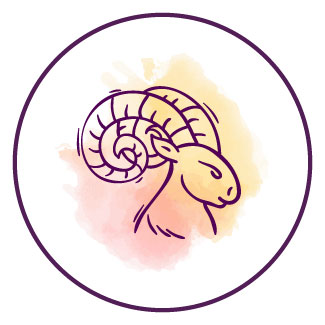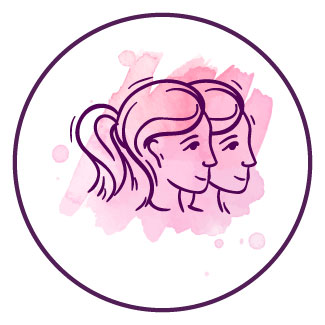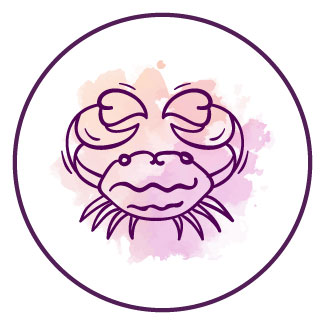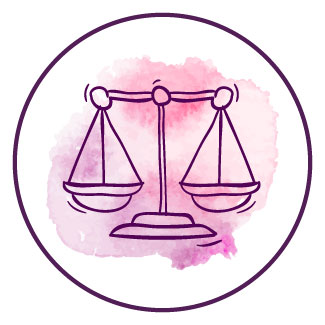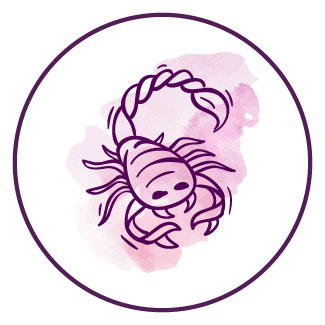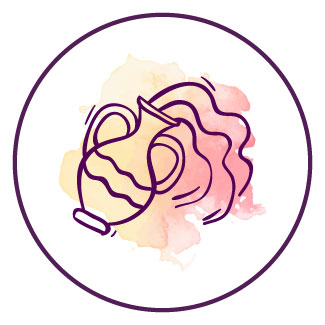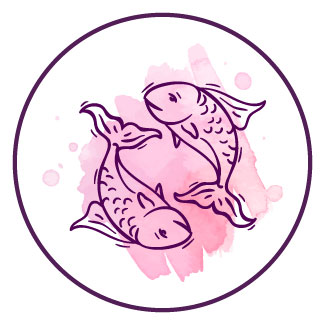Have you ever made a decision that felt right in the moment, but proved wrong later on?
Maybe you thought it through, analyzed it from every angle, and convinced yourself it was the best choice – only to realize afterward that your thinking had led you astray.
That’s the paradox of intelligence: the same mental habits that guide us can also blind us.
Under pressure, the very patterns that make us strong thinkers can turn into hidden fallacies.
Every personality type has its own version of this – a core strength that doubles as a blind spot. And when that happens, it doesn’t just shape how we think, but the choices we make.
Read about your type below – then stick around for the others, too. You might recognize your partner’s habits, see why that colleague gets under your skin, or finally understand the choices your best friend keeps making.
Analysts
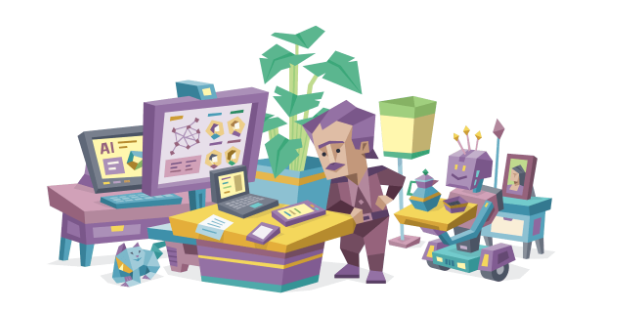
INTJ (Architect): Your ability to envision long-term strategies can make the ideal (read flawless and theoretical) plan more appealing than the imperfect one that actually works. When a vision is so clear in your mind, it’s easy to let your intelligence convince you it must be right. But reality often has other plans.
INTP (Logician): Your gift for seeing endless variables can turn every decision into an equation that never quite resolves. You can argue both sides so convincingly that action stalls – while someone else has already tried, failed, adjusted, and succeeded before you’ve finished calculating.
ENTJ (Commander): Because answers appear so clearly to you, it can be baffling when others can’t see them. That clarity can lead you to design systems that assume others will execute at your level – and frustration follows when they can’t keep pace with your mental leaps.
ENTP (Debater): Your ability to see every angle means you can build an airtight case for almost anything – staying in a relationship you’ve outgrown, defending a job that drains you, or pursuing an idea long past its expiration date. Sometimes, your clever reasoning can override what your instincts already know: it’s time to move on.
Diplomats

INFJ (Advocate): Your gift for spotting patterns can become a trap when you start treating possibilities as certainties. You sense where things are headed, so you make choices based on that imagined future – walking away from something good because you’re sure it will sour, or holding onto something bad because you see its potential. Intuition is powerful, but it isn’t infallible.
INFP (Mediator): Your talent for building meaningful frameworks can sometimes become a way to rationalize what you already want. You’ll find the one perspective or principle that makes a heart-driven choice look perfectly logical. The risk isn’t poor reasoning – it’s using your reasoning to disguise what’s really just a gut decision.
ENFJ (Protagonist): Your ability to see people’s potential is one of your greatest strengths – but it can also lead you astray. You may make decisions based on who someone could become rather than who they are right now. A hire, a relationship, an investment in growth – all can disappoint if you bet too heavily on the future version instead of the present one.
ENFP (Campaigner): Your gift for finding meaning and connections everywhere can sometimes lead you off course. You notice patterns, coincidences, and synchronicities and take them as signs of what’s “meant to be.” But seeing meaning doesn’t always mean you’ve found direction – sometimes it’s just your imagination running ahead of the evidence.
Sentinels

ISTJ (Logistician): Your excellent memory for what has failed before can sometimes work against you. When a new opportunity resembles a past mistake, you may dismiss it outright – even if circumstances have changed. What once was risky might now be worth pursuing.
ISFJ (Defender): Your desire to maintain harmony often leads you to put others first. You can rationalize self-sacrifice as the sensible choice, but neglecting your own needs eventually undermines the very people you’re trying to support. Sometimes caring for yourself is the smarter way to care for others.
ESTJ (Executive): Your gift for efficiency can become a trap when applied too rigidly. The shortest path between two points is obvious to you – but people don’t always work like processes. Sometimes a little inefficiency is what makes things truly succeed.
ESFJ (Consul): Your strong social awareness shows you exactly how to keep the peace. But in smoothing things over, you may avoid necessary conflict. The result is comfort now, but bigger problems later. True harmony sometimes requires tension in the moment.
Explorers

ISTP (Virtuoso): Your brilliance with immediate, technical solutions can sometimes narrow your focus too much. You fix the problem right in front of you, but miss the larger purpose or the impact on the people around you. For example: The car gets fixed while the reason for the trip gets forgotten. Or the code works perfectly while the team falls apart.
ISFP (Adventurer): Your commitment to authenticity can make you reluctant to change course. If changing your mind feels like betraying yourself, you may hold on too long. But growth and authenticity aren’t opposites – sometimes changing is the most genuine move you can make.
ESTP (Entrepreneur): Your quick adaptability makes you excellent in a crisis. The danger is that you can get so good at handling chaos that you stop questioning why it keeps finding you. Not every problem needs to be solved – some can be avoided.
ESFP (Entertainer): Your ability to make the present moment joyful is a real strength. But when every choice optimizes today, tomorrow can suffer. The challenge isn’t creating joy – it’s balancing it with a longer view.
Here’s what matters: Every strength has a shadow, and recognizing yours is what turns intelligence into wisdom. When you can spot how your best habits sometimes mislead you, you make clearer choices – in work, in relationships, and in the direction of your life.
And now that you’ve seen how each type’s mental strengths can double as blind spots, you probably recognize a few patterns in yourself, your partner, or your colleagues.





